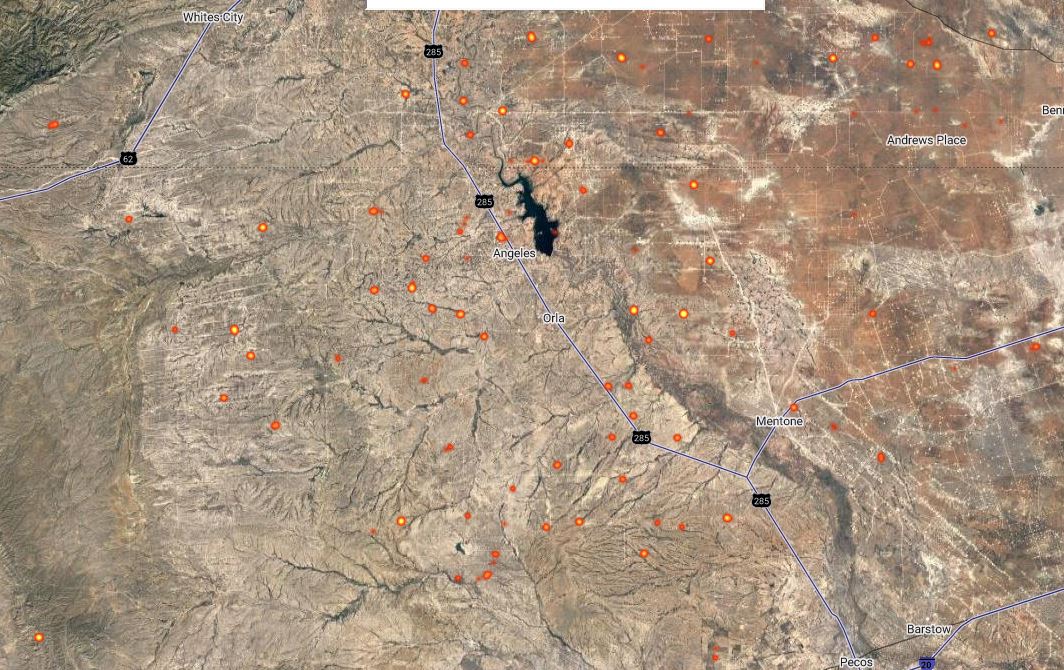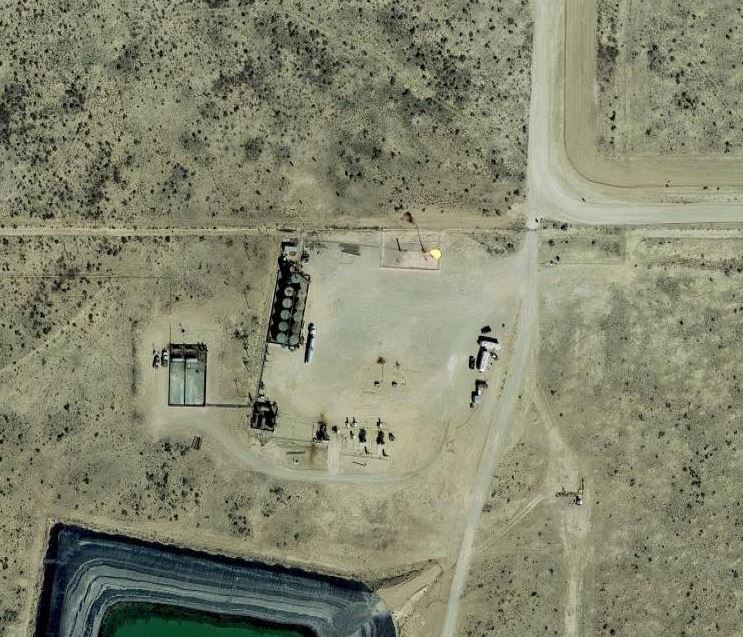ConocoPhillips always seems to be getting into interesting scrapes.
In 1995, ConocoPhillips bought oil and gas leases from EOG covering 1,058 acres, the Las Piedras Ranch, in Zapata County. At the time there was one producing well on the leases. The minerals belonged to the Ramirez family. One member of that family was Leonor, who died in 1990, owning a 1/4 mineral interest in the Ranch. Her will devised to her son Leon Oscar Sr. “all of my right, title and interest in and to Ranch Las Piedras … during term of his natural life,” and on his death “to his children then living in equal shares.” Leon Oscar Sr. signed an oil and gas lease on the Ranch, which was acquired by ConocoPhillips.
Leon Oscar Sr. died in 2006, survived by three children – Leon, Jr., Minerva and Rosalinda. In 2010 they sued ConocoPhillips and EOG for an accounting and to establish their title to 1/4 mineral interest in the Ranch. They alleged that the oil and gas lease signed by Leon Oscar Sr. was not binding on them as remaindermen following Leon Oscar’s life estate, and that EOG and ConocoPhillips owed them an accounting and payment for 1/4 of the net profits from oil and gas production from the Ranch, from the date of first production. They also sued for prejudgment interest and attorneys’ fees. The plaintiffs settled with EOG, and in 2015 the trial court signed a final judgment against ConocoPhillips awarding plaintiffs title to the minerals and $11.1 million for their share of net profits on production from the Ranch, plus $950,000 in prejudgment interest and $1,125,000 in attorneys’ fees. In 2017, the San Antonio Court of Appeals affirmed. 534 S.W.3d 490. In June of this year the Texas Supreme Court granted ConocoPhillips’ appeal. Oral argument is set for September 17. ConocoPhillips Company, et al. v. Ramirez, No. 17,0822








